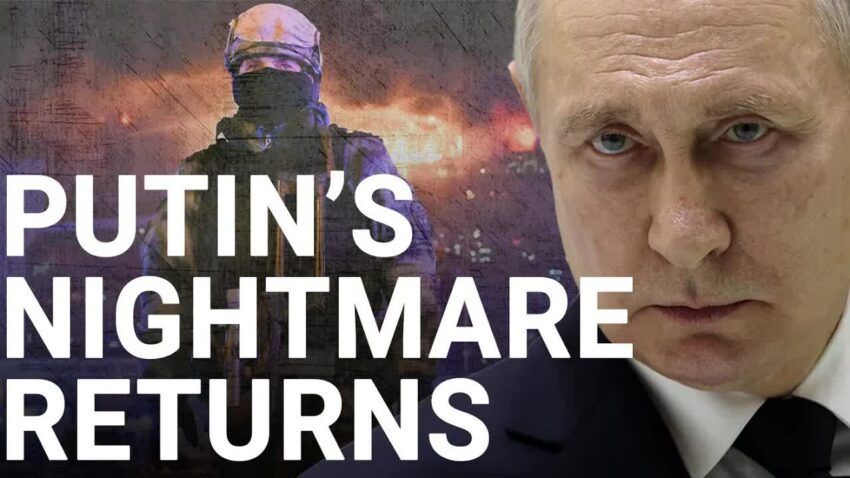A somber atmosphere envelops Russia as President Putin announces a national day of mourning following a devastating terror attack at a Moscow concert hall.
The death toll has climbed to a staggering 133, marking this as the country’s worst terror incident since the harrowing Beslan school siege in 2004, where over 300 lives, including 186 children, were tragically lost.
In a poignant moment of remembrance, Timothy Phillips, the author of “Beslan, the tragedy of school number one,” joins us in the studio to shed light on the haunting memories of that fateful day.
The echoes of Beslan still resonate, a stark reminder of the horrors that unfolded in a small school in southern Russia, near the border with Georgia, amidst a day meant for celebration and joy.
The chilling account of armed terrorists storming into school number one, seizing teachers, students, and parents hostage, paints a grim picture of the three-day ordeal that shook the nation to its core.
The tragic climax, whether by an internal explosion or external gunfire, culminated in a devastating loss of lives and left thousands wounded, etching a painful memory in the annals of Russian history.
Reflecting on the aftermath of Beslan, questions linger about the response of the Russian authorities and the subsequent impact on President Putin’s leadership.
The heavy-handed tactics employed, allegations of missed opportunities to thwart the terrorists, and whispers of a cover-up cast a shadow of doubt over the handling of the crisis, raising concerns about accountability and transparency.
As the nation grapples with the recent tragedy in Moscow, parallels are drawn to the past as Putin navigates the delicate balance between safeguarding the population and combating internal and external threats.
The specter of terrorism looms large, with a shift in focus towards dismantling terrorist networks and preventing any semblance of victory for the perpetrators.
The evolving landscape of terrorism, from the Chechen conflict to the rise of Islamist extremism, underscores the complex challenges facing Russia and its leadership.
The intricate web of geopolitical dynamics, from Syria to Africa, adds layers of complexity to the motives behind such heinous acts and the responses they elicit.
In the wake of the Moscow attack, speculations arise about Putin’s ability to maintain control and project strength in the face of adversity.
The delicate balance of power, predicated on economic stability, national pride, and security, faces a formidable test, potentially unraveling the pillars that have propped up Putin’s rule for decades.
Amidst the grief and uncertainty, the resilience of the Russian people shines through, as communities come together to mourn the loss and demand accountability from their leaders.
The echoes of past tragedies reverberate, serving as a stark reminder of the fragility of peace and the enduring quest for justice and security in a tumultuous world.
As the nation grapples with the aftermath of yet another senseless act of violence, the resilience of the human spirit and the resolve to stand united in the face of adversity offer a glimmer of hope amidst the darkness.
The path ahead may be fraught with challenges, but it is in moments of crisis that the true strength of a nation and its leadership is tested, shaping the course of history in unforeseen ways.
